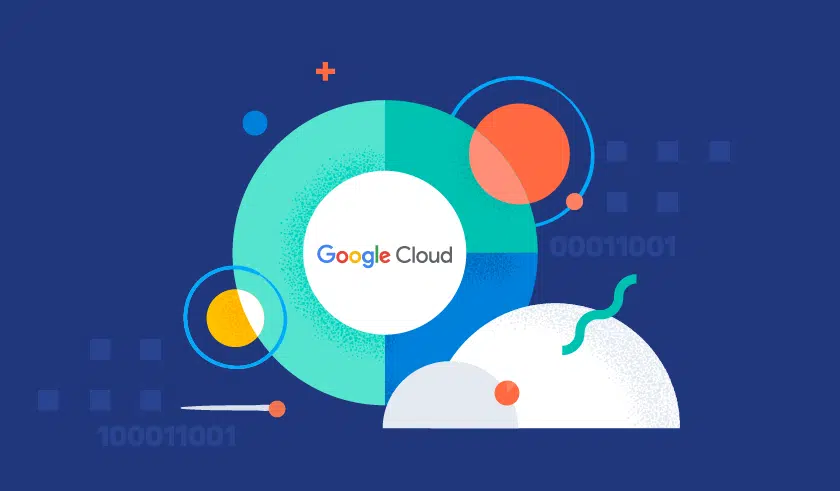In a bid for more portable data access and sharing options within diverse digital ecosystems, some of the world’s leading cloud solutions providers have teamed up to give businesses across the globe better access to the necessary data to help them cope with the changing face of online business.
The new Data Cloud Alliance includes industry leaders Google Cloud, Deloitte, Confluent, Databricks, Dataiku, Elastic, Fivetran, MongoDB, Neo4j, Redis, and Starburst. All the entities involved expressed their commitment to speed up the adoption of various cloud-related technologies and best practices in a diverse range of industries through shared industry data models, integrated processes, and open standards.
According to Google Cloud vice-president and general manager for databases, data analytics, and business intelligence Gerrit Kazmaier, data remains the common foundation for all digital transformations. Thus, the Alliance’s commitment to pursue open data standards and ensure access and integration among key data platforms and applications will significantly move business transformations forward while closing the gap between data and value.
Kazmaier’s sentiments were echoed by Starburst CEO and co-founder Justin Borgman who remarked that all companies should have the right to data access sans barriers and penalties. He added that his company is also committed to swiftly unlocking data access to enable companies to speed up their foray into digital transformation.
In the long run, the Alliance seeks to ensure that access to data should not be a hindrance to digital transformation for any company, regardless of its industry. With this goal in mind, member companies banded together to reduce customer challenges regarding several issues, including data governance, data privacy, preventing the loss of data, along with global compliance.
What is Expected From the Alliance?
Part of the Alliance’s commitment is its drive to improve data cloud-related skills among IT practitioners, with a specific slant towards up-to-date data and analytics technologies. This could eventually lead to the standardization of best practices for digital data, as well as a commitment to open data for effective utilization in the digital transformation of individual entities.
Each member company is expected to provide the necessary infrastructure, APIs, and integration solutions necessary for data portability and accessibility through multiple platforms and environments, including on-site, public or private clouds, or even hybrid environmental scenarios.
Alliance members also need to collaborate regarding the development of new common-industry data models, processes, as well as platform integrations with the shared goals of improving data portability and simplifying processes related to both data governance and compliance with global standards.







